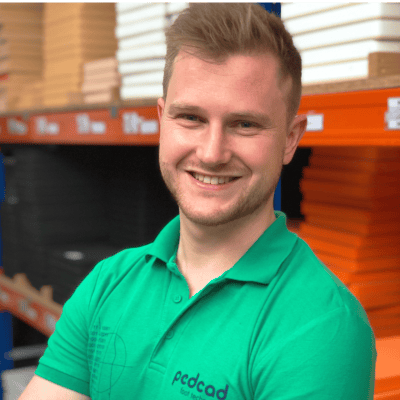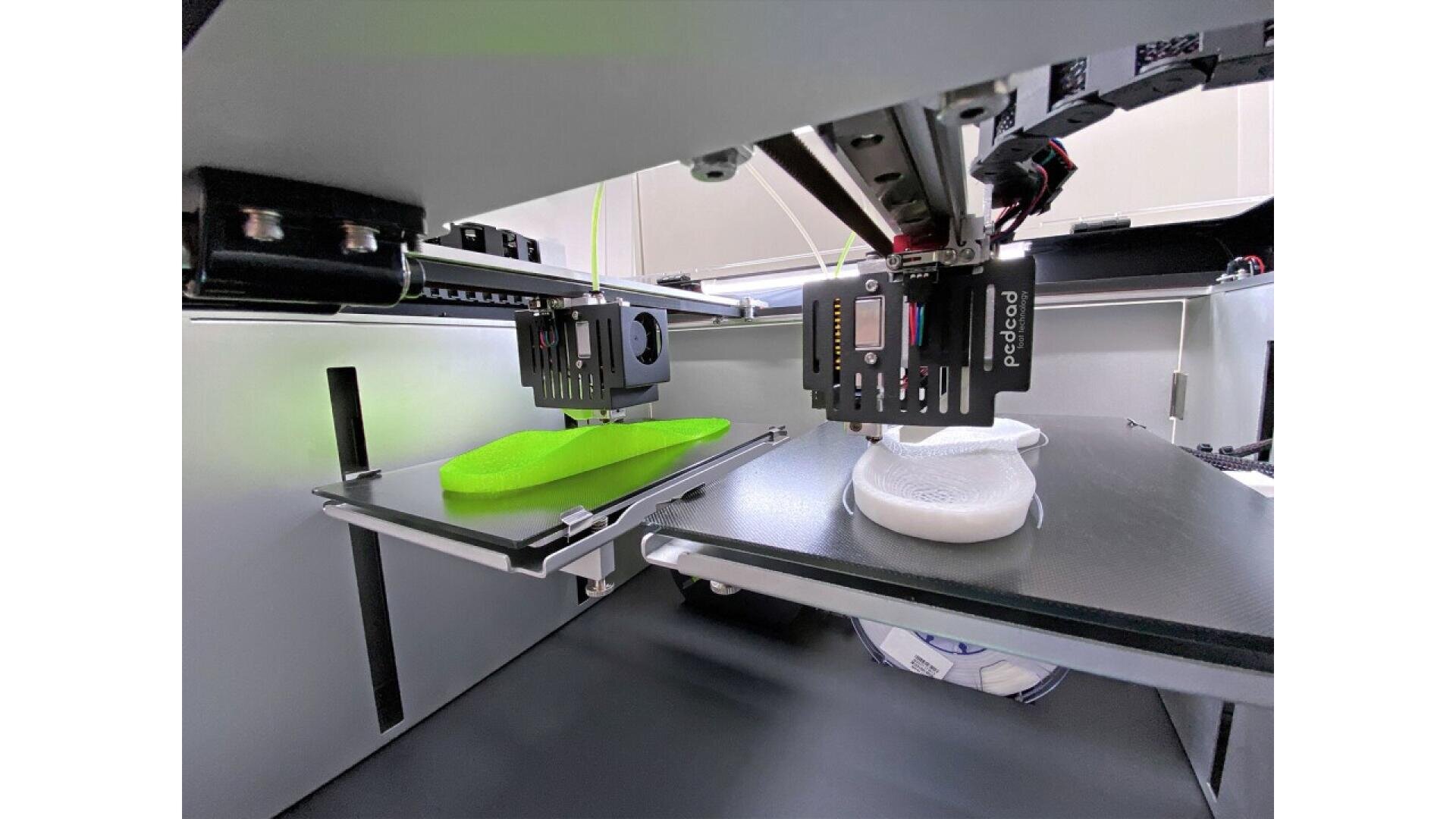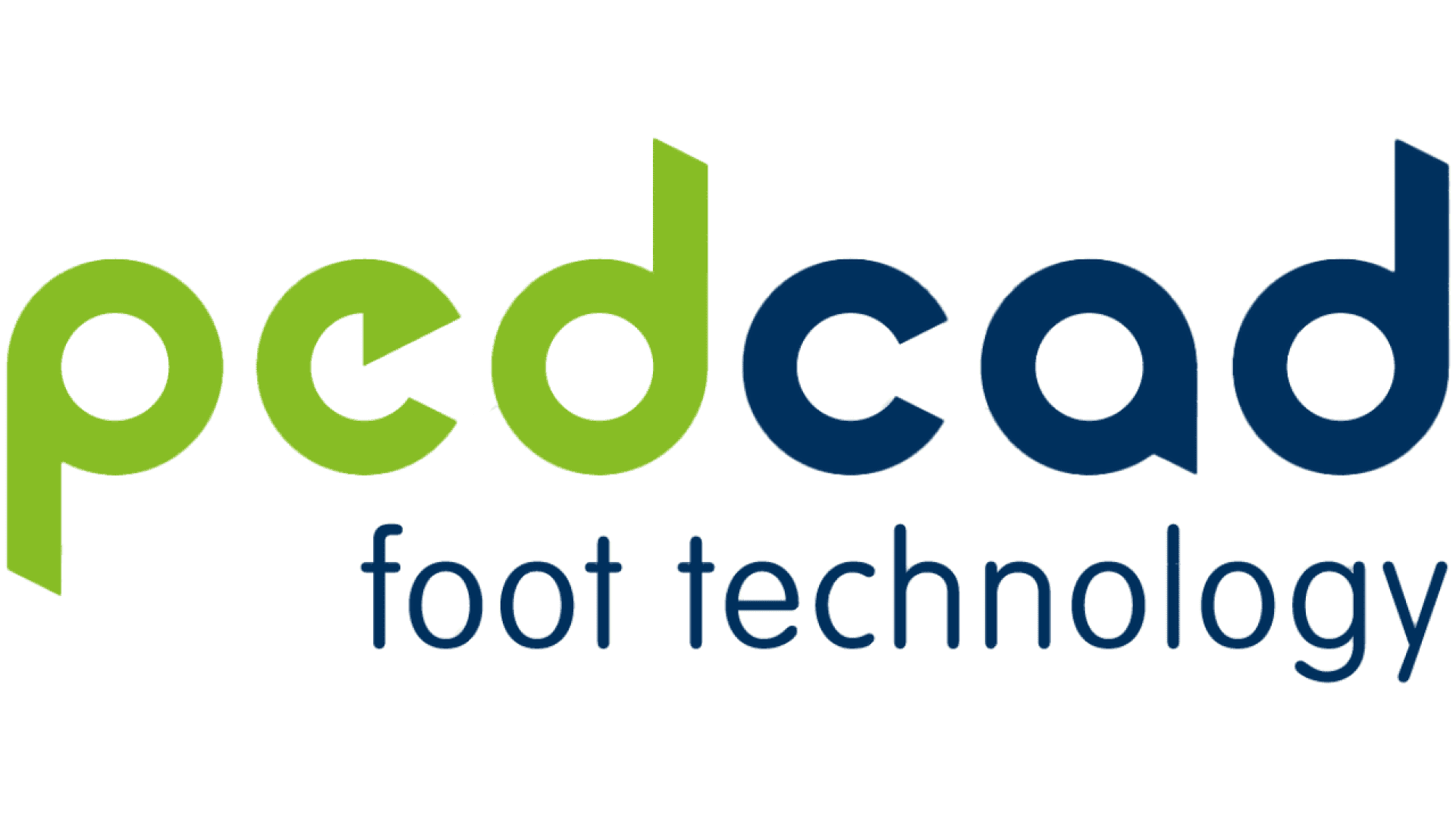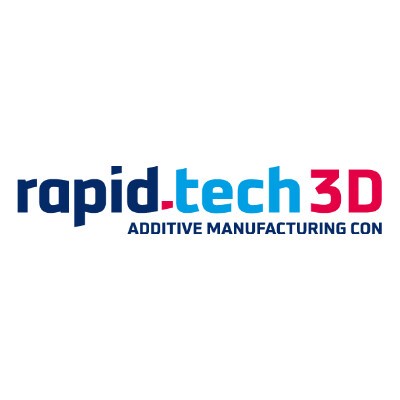How the Customer Becomes the Factory – Unlocking Global Markets with Decentralized 3D Printing
A case study of Pedcad illustrates how a German company leveraged 3D printing to export its expertise to global markets. This approach is transferable to many industries, especially those facing challenges such as high manufacturing costs, specialized know-how, and the need for customized solutions.
A case study of Pedcad illustrates how a German company leveraged 3D printing to export its expertise to global markets. This approach is transferable to many industries, especially those facing challenges such as high manufacturing costs, specialized know-how, and the need for customized solutions.
Decentralized 3D printing is transforming the way businesses operate globally. Instead of investing in complex infrastructure and specialized expertise on-site, 3D printing enables cost-efficient production directly at the customer's location. Centralized data processing and the delivery of production files allow local staff to perform simple manufacturing steps—without requiring advanced skills or expensive machinery.
One of the key advantages is flexibility: inventory is minimized as materials and production parameters are tailored to specific needs. Waste, common in traditional manufacturing methods, is eliminated. Centralized control combined with local production not only reduces costs but also lowers the carbon footprint and accelerates time-to-market.
This presentation provides practical insights into the opportunities decentralized manufacturing offers for businesses of all sizes and sectors, highlighting how this technology serves as a catalyst for internationalization, sustainability, and efficiency.
Presentation language: ENG
Speakers (1)



